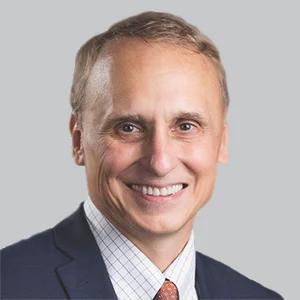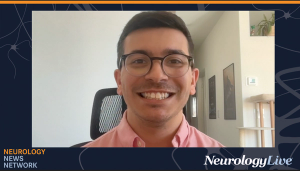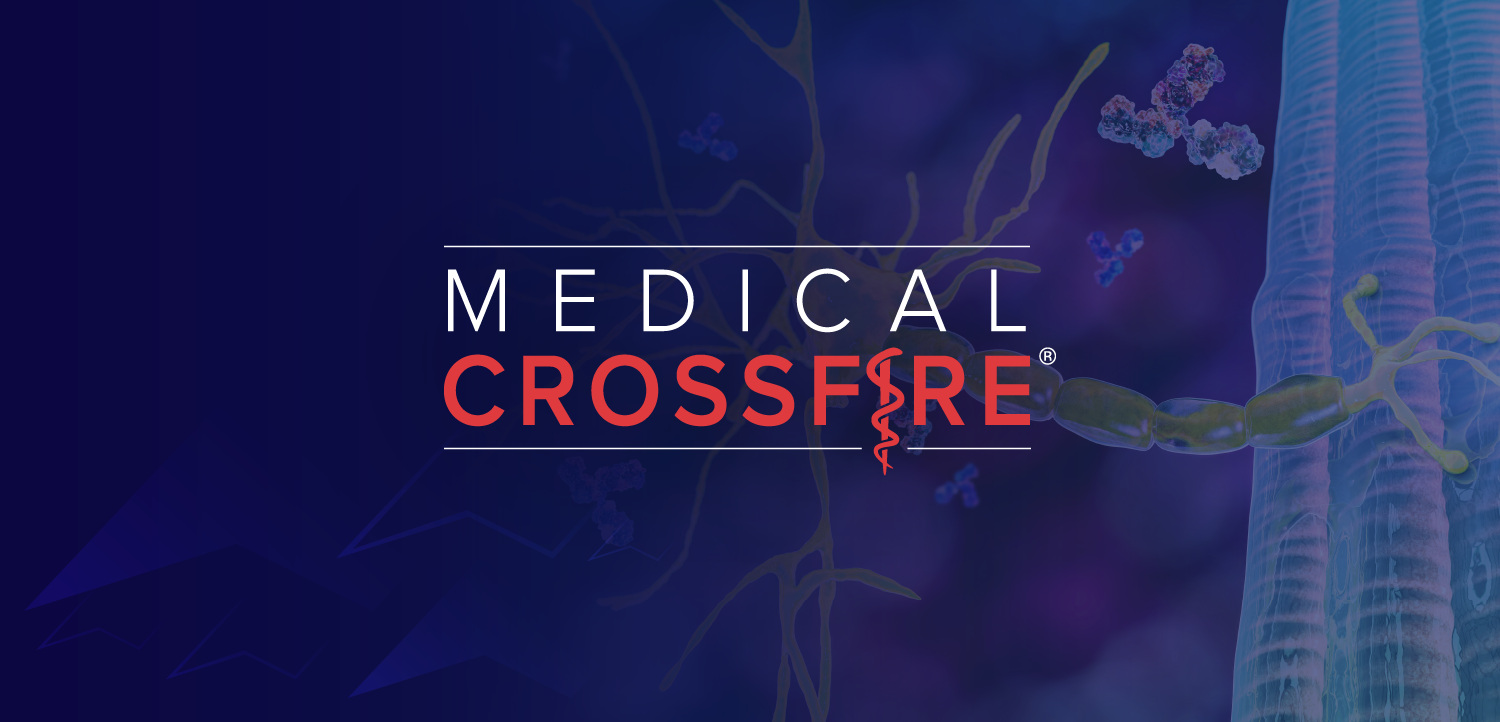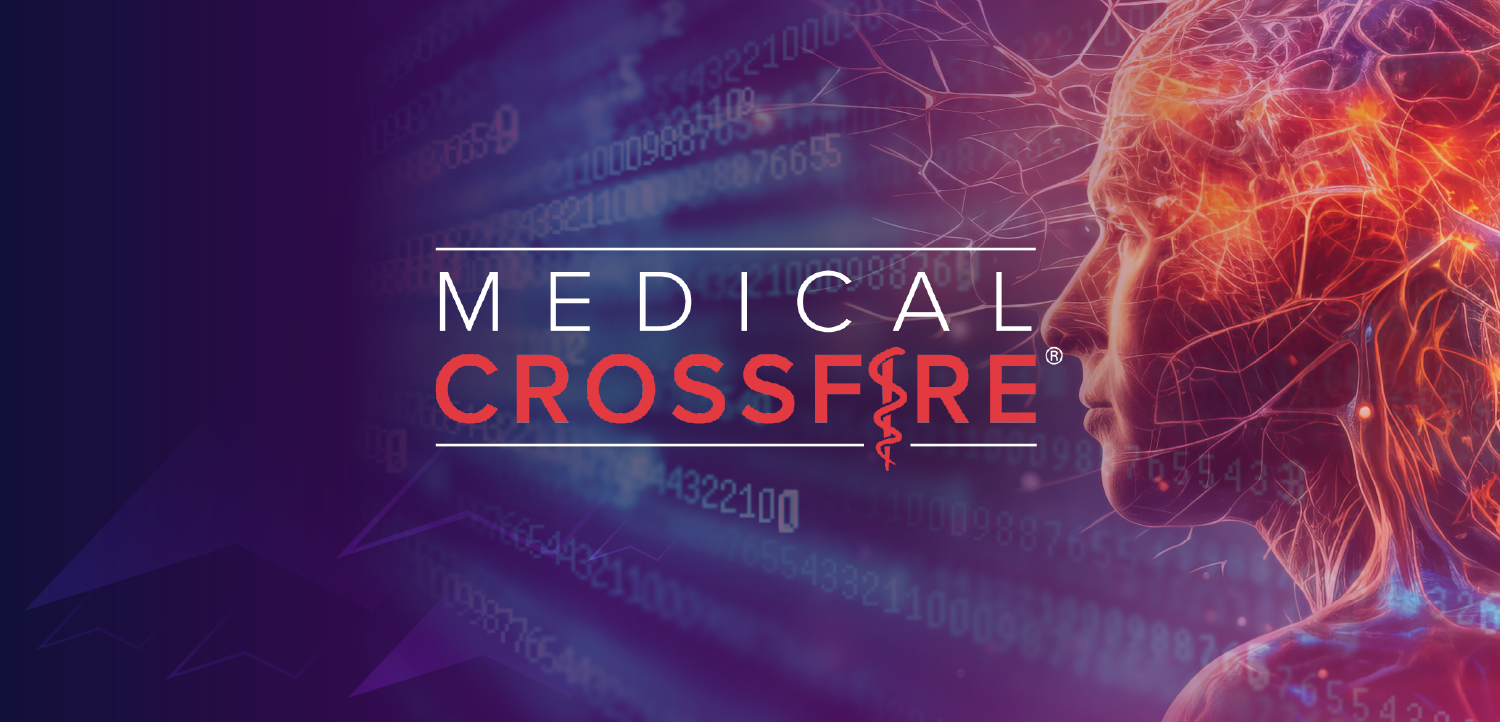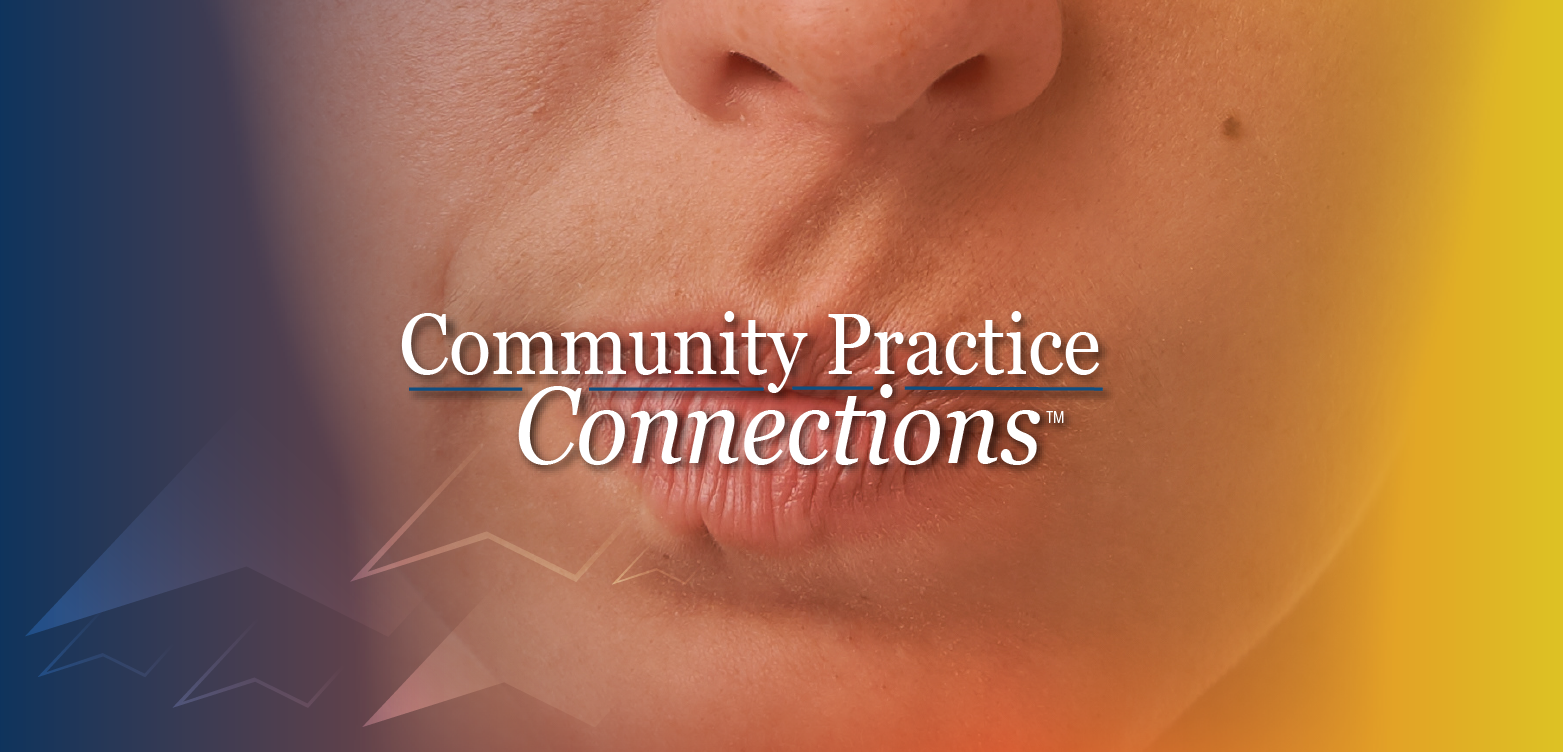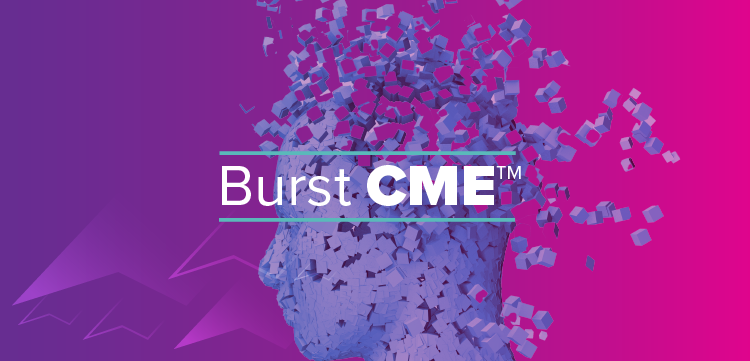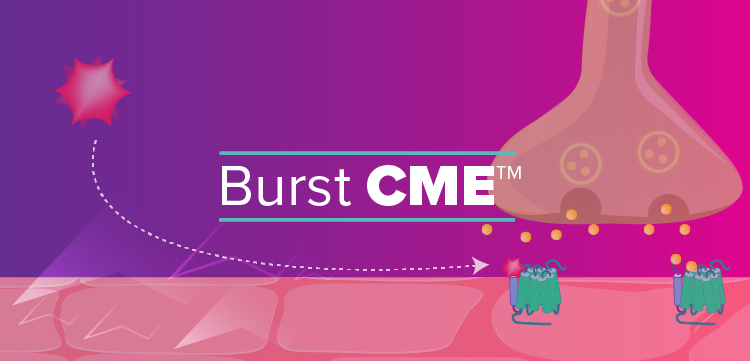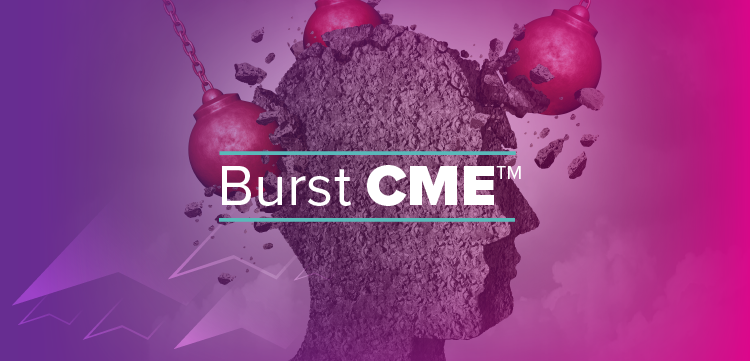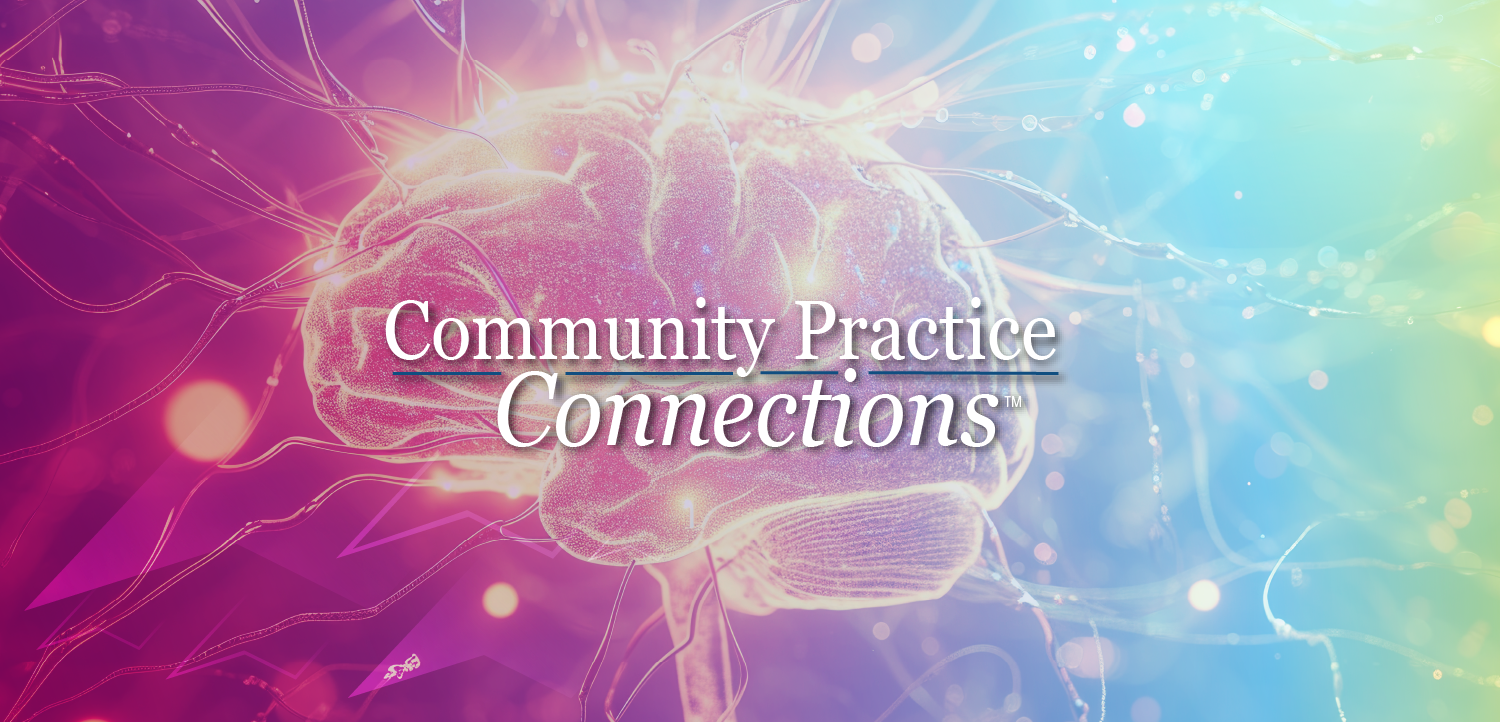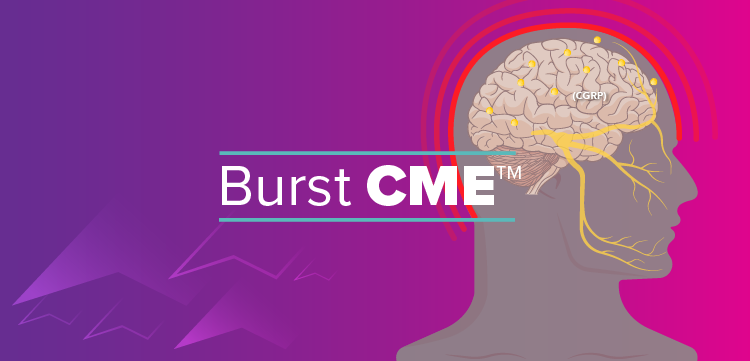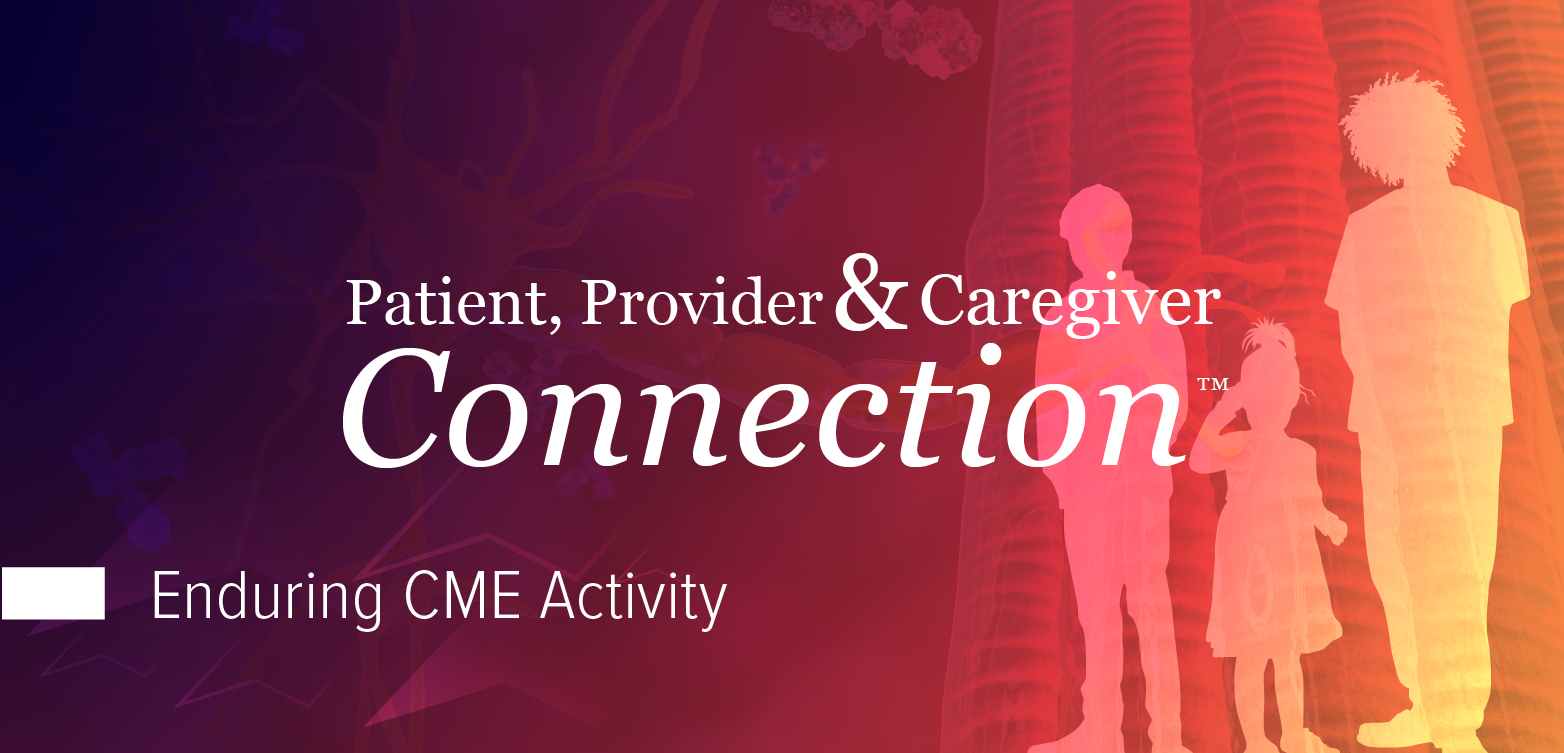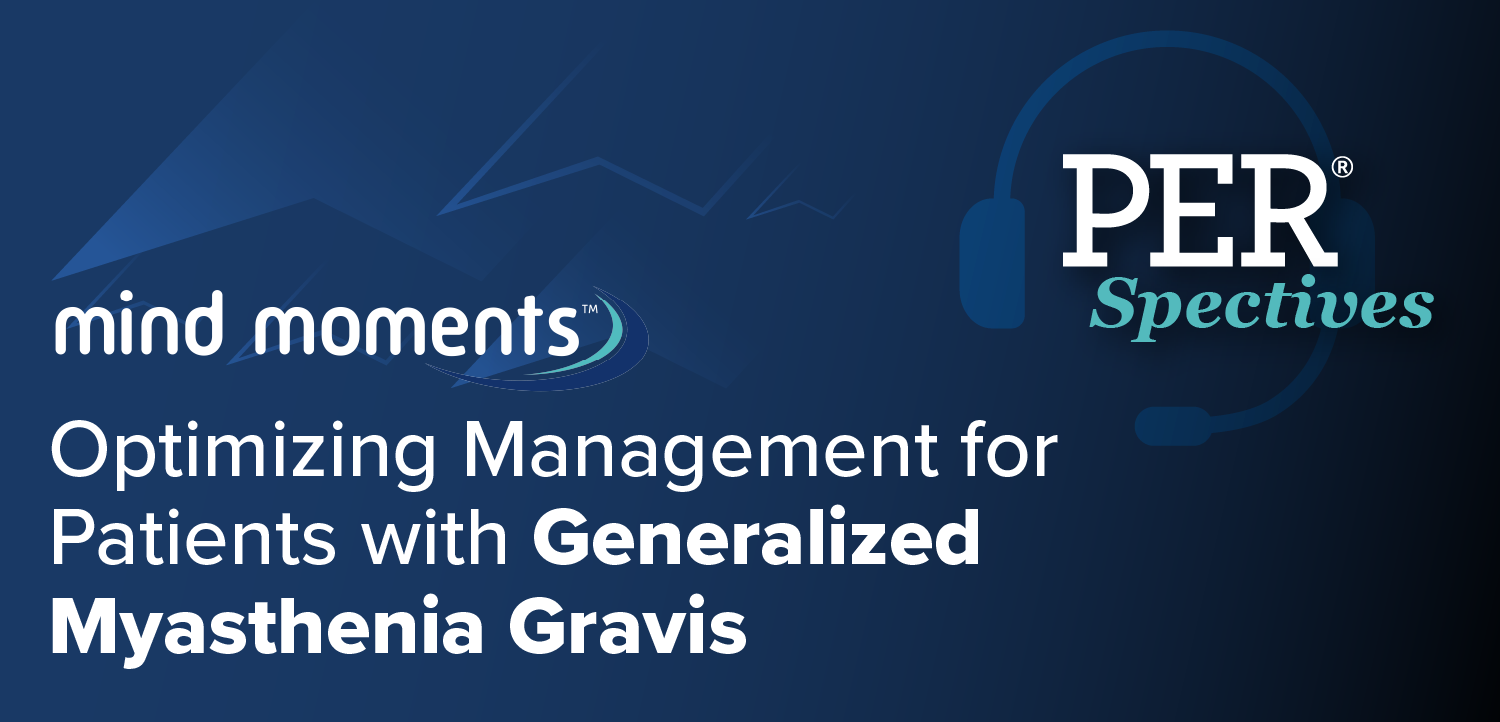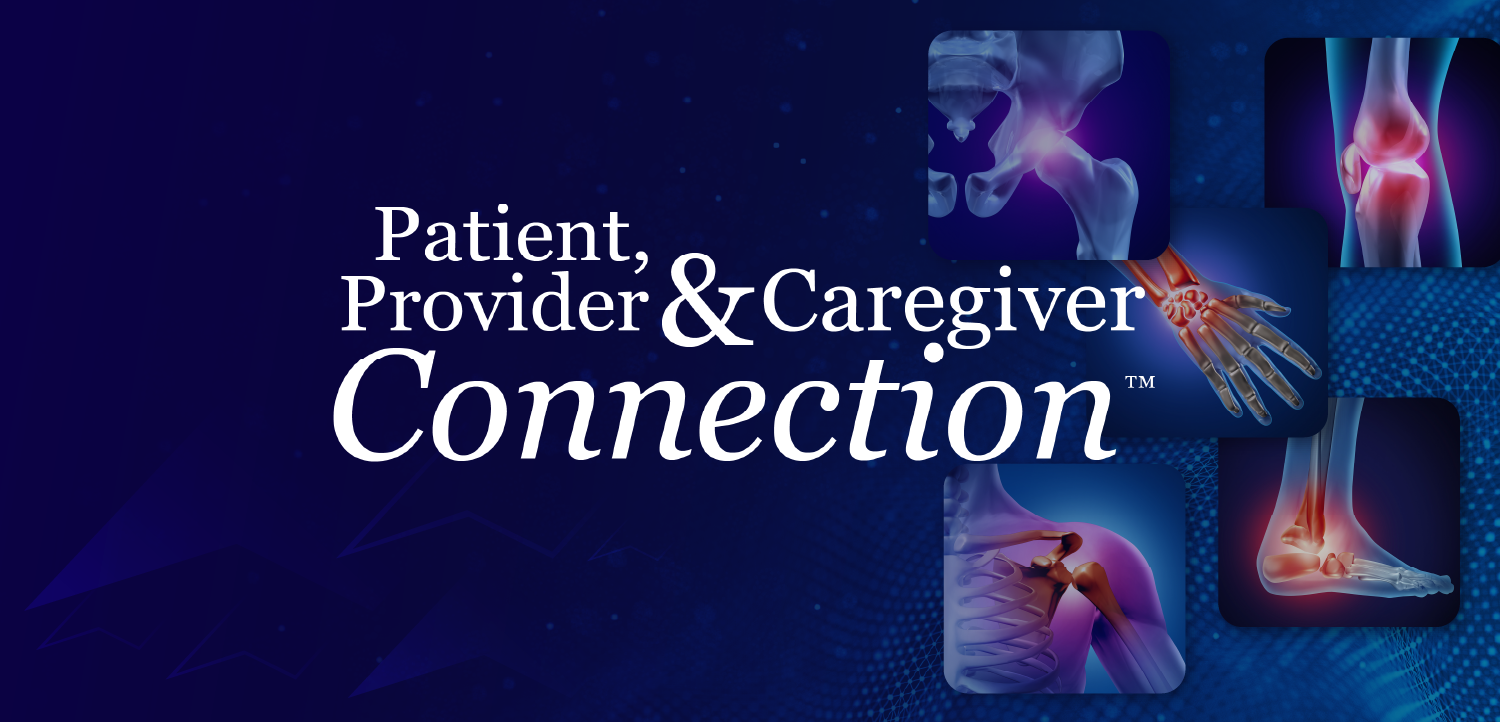|Videos|March 11, 2021
Cure SMA: Evaluation of SMA in the Era of Telehealth
Author(s)Diana Castro, MD
Garey H. Noritz, MD
Garey H. Noritz, MD
The NeurologyLive Cure Connections series, “Evaluation of Spinal Muscular Atrophy in the Era of Telehealth,” put on in partnership with Cure SMA, features Diana Castro, MD, and Garey H. Noritz, MD, who offer tips and demonstrations for screening and diagnosing SMA via telehealth. Additionally, resources provided by Cure SMA are outlined for families and clinicians who suspect SMA or have a patient diagnosed with SMA.
Advertisement
Newsletter
Keep your finger on the pulse of neurology—subscribe to NeurologyLive for expert interviews, new data, and breakthrough treatment updates.
Advertisement
Related Articles
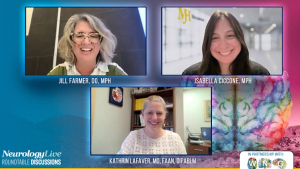 2025 Women in Neurology Conference: Educating, Mentoring, and Networking
2025 Women in Neurology Conference: Educating, Mentoring, and NetworkingSeptember 15th 2025
 This Week on NeurologyLive® — September 15, 2025
This Week on NeurologyLive® — September 15, 2025September 15th 2025
 NeurologyLive® Brain Games: September 14, 2025
NeurologyLive® Brain Games: September 14, 2025September 14th 2025
Latest CME
Advertisement
Advertisement
Trending on NeurologyLive
1
MDA and PPMD Release Consensus Guidelines for Safe and Equitable Use of Gene Therapy in Duchenne
2
10 Years of the Women Neurologists Group: A Preview of the 4th Annual Conference
3
NeurologyLive® Brain Games: September 14, 2025
4
This Week on NeurologyLive® — September 15, 2025
5

